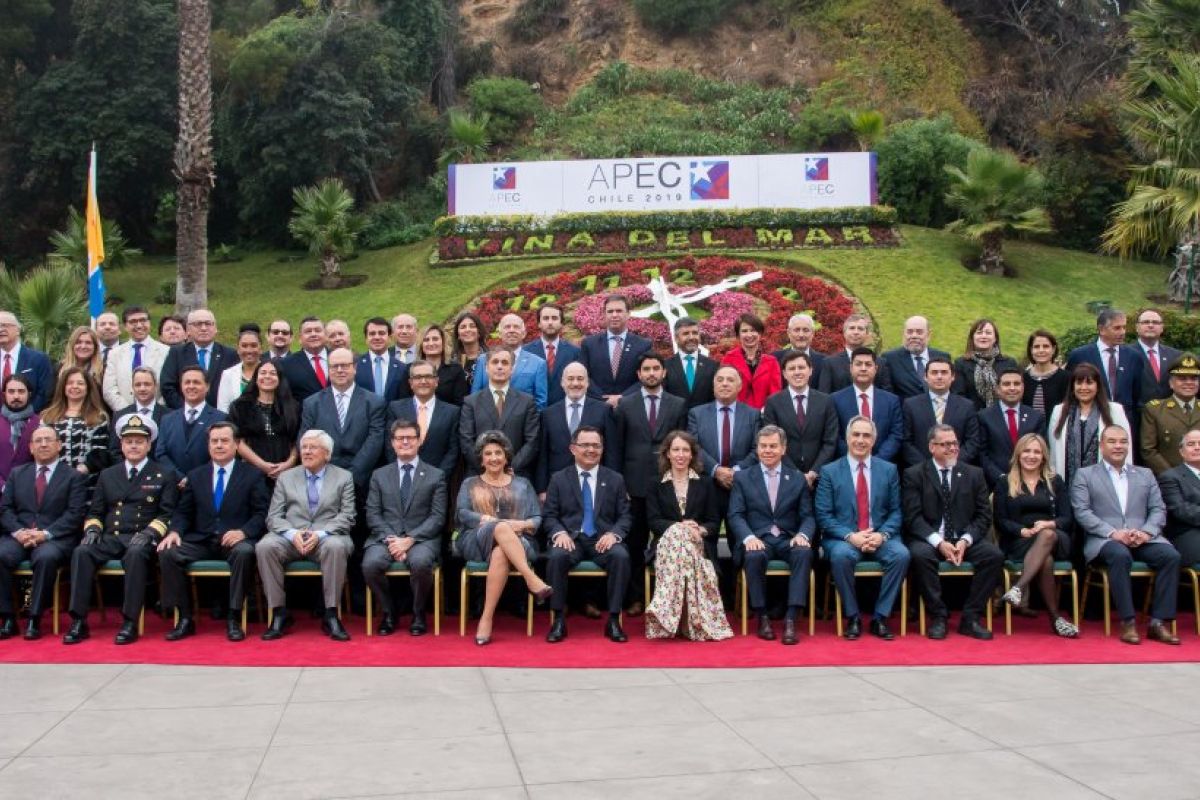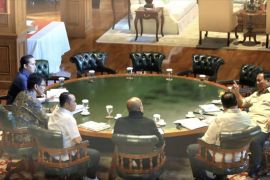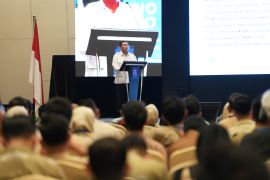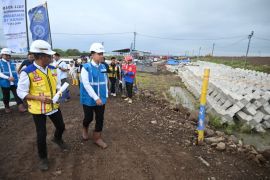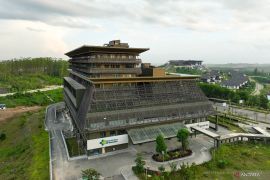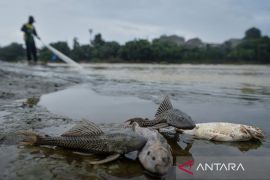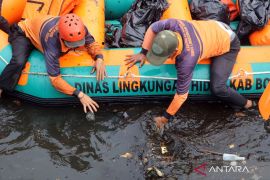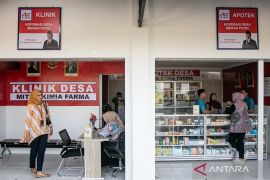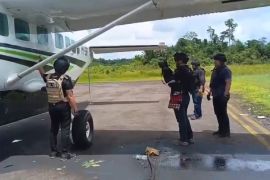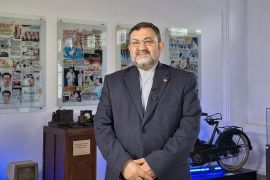"Tourism holds significance for APEC. Our work is to promote economic development through tourism in the APEC region," APEC Tourism Working Group Chair Alcinda Trawen remarked on the sidelines of the Senior Officials’ Meetings held at Vina del Mar, Chile.
With a 3.9-percent growth rate in 2018 – surpassing the 3.2 percent growth for global gross domestic product (GDP) – tourism has turned out to be a bright spot in the global economic landscape.
The APEC region is no exception. The United Nations World Tourism Organization reported that in 2017, nearly 452 million visitors contributed US$1.4 trillion to the regional economy.
By 2028, tourism is projected to indirectly support more than 200 thousand million jobs across the 21 economies of the Pacific Rim, according to a report by the World Travel and Tourism Council.
Trawen, concurrently director of Policy and Planning at Papua New Guinea’s Tourism Promotion Authority, views the APEC Tourism Working group as a collaborative platform for the sharing of knowledge that involves partners of the private sector.
During the recently concluded meeting, Airbnb, Google, and the World Travel and Tourism Council all discussed ways in which economies can derive benefits from digital-oriented tourism and the sharing economy.
The group also remains focused on sustainability and inclusion. The members brought up matters of concern including the impact of climate change and resilient tourism destinations as well as access for wheelchair-bound travelers.
The forum encourages policy action. With budget airlines ensuring greater affordability and frequency of air travel, aviation has emerged as one of the fastest-growing sources of greenhouse gas emissions and are projected to triple by 2035. This has drawn the attention of the APEC members.
"Some of these initiatives have facilitated to disseminate information to member economies to enable them to take on board policy mechanisms within their economies as well," Trawen explained.
The digital economy poses another challenge. The Experience Economy is among the biggest growth markets for tourism, projected to grow to US$8.2 trillion by 2028. Defined by sharing economy platforms, such as Airbnb, the Experience Economy calls for the need for digital literacy and access.
The internet economy can ensure a level playing field with assured open access to infrastructure, including reliable broadband services and payment systems, for all. If not, the divide will increase, specifically for small businesses and women-led enterprises that oftentimes lack access to such tools and services, nor possess the skills to find their way in this new economy.
"The digital divide has emerged as one of the greatest challenges faced by the tourism industry and one that all across the APEC face," Trawen cautioned.
"Our task is to review policy mechanisms to identify challenges and work towards realizing the potential of capitalizing on these opportunities and move into the digital age," she stated.
Reporter: Yuni Arisandy Sinaga
Editor: Bambang Purwanto
Copyright © ANTARA 2019
